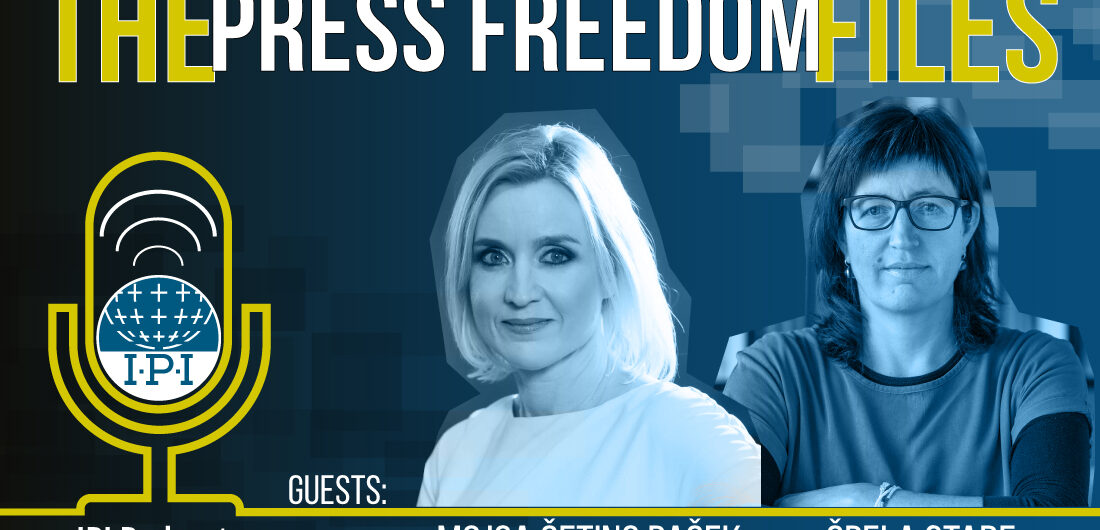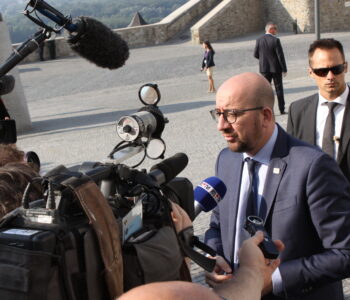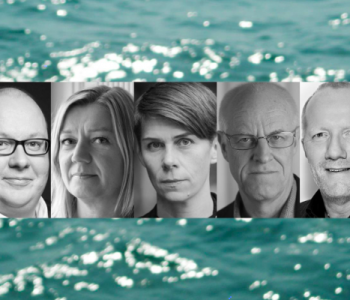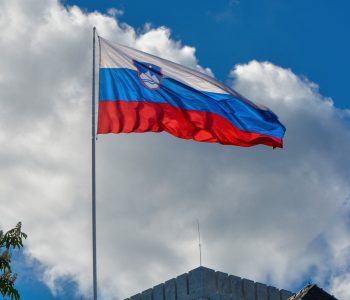 Library
Library
Podcast: Online attacks and smear campaigns are pushing Slovenian…
Online attacks and smear campaigns are pushing Slovenian journalists to the limit
The fourth episode of ‘The Press Freedom Files’ podcast series produced by IPI as part of the MFRR looks into the motives behind the online threats in Slovenia and the consequences on journalists’ careers
In this episode of IPI’s ‘The Press Freedom Files’ podcast, IPI Head of Digital Communications Javier Luque looks into the increasingly difficult situation journalists face in Slovenia. A rise in online abuse and campaigns to discredit the media fuelled by a populist government leave journalists with a difficult decision to make: Either accept all this or quit your career.
Guest Mojca Šetinc Pašek, a senior journalist at Slovenia’s RTV public broadcaster, talks about the experience of being in the crosshairs of current Primer Minister Janez Janša. We also talk with Špela Stare, secretary general of the Slovene Journalists Association, to dive deep into the driving force behind the attacks.








